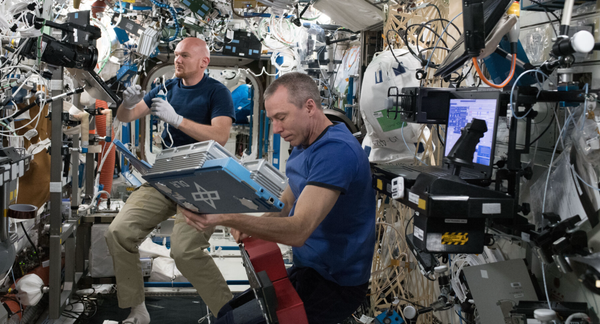The Future of Space Exploration with Artificial Intelligence

Artificial intelligence is poised to redefine humanity’s journey into space. From mapping distant moons to coordinating fleets of autonomous spacecraft, AI will become the navigator, analyst, and pilot of our next great voyage beyond Earth.
One major shift will come in mission autonomy. As communication delays stretch to minutes or hours when spacecraft travel far from Earth, AI will take over flight decisions, navigation, and system management. Spacecraft will detect hazards, calculate optimal paths, and adapt in real time without waiting for instructions from ground control. These capabilities will enable deeper missions to Mars, asteroids, and icy moons, where human oversight alone would be impractical.
Data analysis is another frontier. As telescopes, probes, and satellites collect enormous volumes of images and sensor readings, AI algorithms will sift through that data to uncover patterns, anomalies, and scientific insights far faster than humans. This means previously hidden features such as undiscovered exoplanets, new celestial phenomena, or subtle geological signs on other worlds will be found sooner. The speed of discovery will increase dramatically.
Resource utilization on other planetary bodies will also benefit. AI systems will identify water, minerals, and energy sources, estimate extraction feasibility, and manage robotic infrastructure. These systems will help make lunar bases or Mars habitats more viable by optimizing operations and reducing risk. AI may orchestrate harvesters, autonomous drones, and maintenance robots to build and sustain off-Earth infrastructure.
Collaborative fleets of spacecraft represent another step in this evolution. Instead of a single probe or rover, clusters of smart machines will work together, sharing information and dividing tasks. One craft may map terrain, another analyze samples, and a third relay data back to Earth. AI will coordinate these teams and enable adaptive mission planning.
Challenges remain. AI systems must be robust in extreme environments where radiation, temperature changes, and mechanical stress threaten electronics. They must be reliable, transparent, and fail-safe, since rescue or repair is often impossible. Ethical issues also arise regarding autonomous decision-making, ownership of discoveries, and planetary protection.
The departure from Earth is approaching sooner than many expect. With investments growing in commercial space, robotics, and AI, the next decade could bring missions where AI is not only a tool but a crew member. Space exploration will become less about sending humans and waiting, and more about deploying intelligent systems that extend human reach.
In the future, as humans and machines explore the solar system and beyond, AI will not be a secondary assistant but a true co-pilot. The systems we build today will determine how far and how fast we go. The universe is vast, and with AI as our partner we may finally span it with purpose.
References:
https://www.allfortheai.com/ai-in-space-exploration/
https://www.neilsahota.com/ai-in-space-exploration-rocketing-towards-new-horizons/




